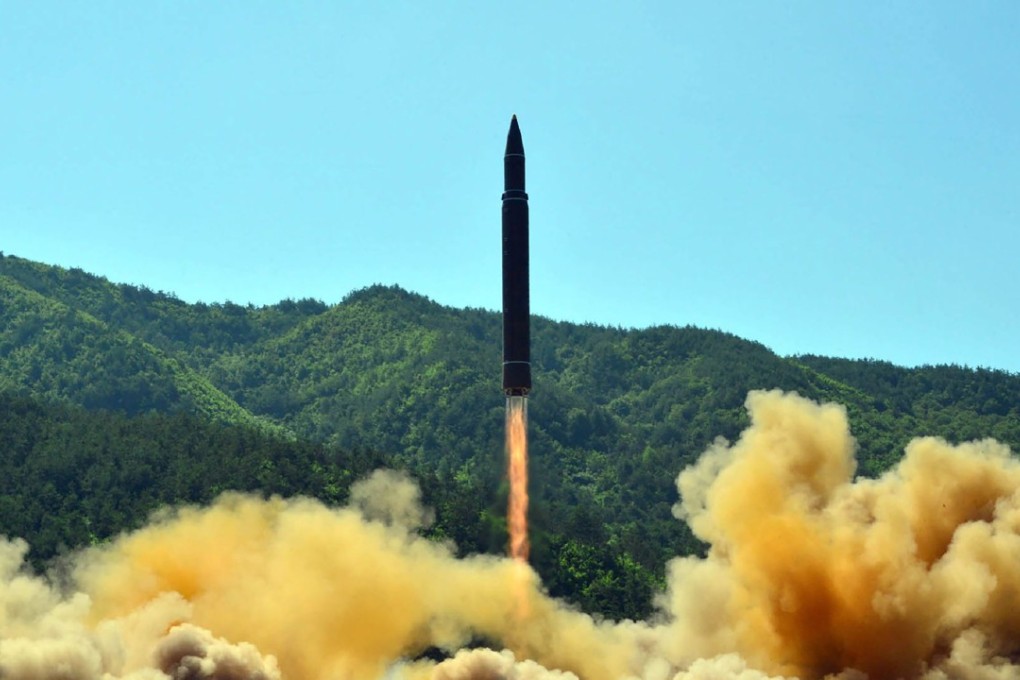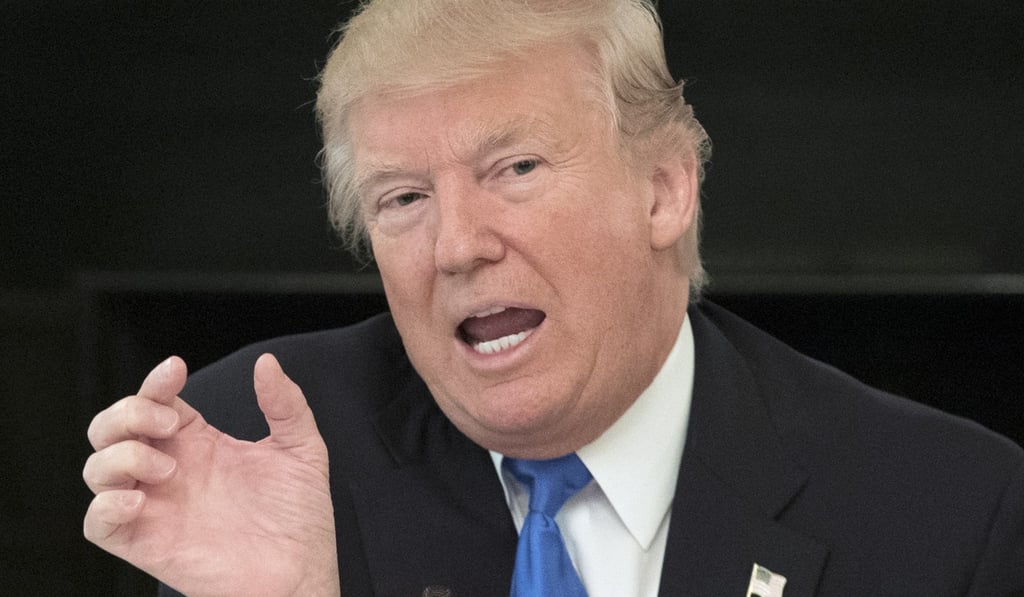White House must conquer its own chaos and stop improvising to have a robust dialogue with Pyongyang
Adam Cathcart says Donald Trump’s preoccupation with the Russian collusion scandal shows signs of breaking down the US message on North Korea

We live in strange times. In the US’ White House, the politics of misinformation have metastasised. Analysts who wish to discuss traditional US security and diplomatic interests in northeast Asia must therefore contend with an array of demented statements by the president, thick performances of outrage by his closest aides against what they call “the fake news industrial complex”, the weird convergence of US foreign policy with Trump family interests, the crimson visions of Steven K. Bannon, and of course the tendency of US-Russia relations to overshadow all else amid an expanding investigation of the Trump campaign.
Trump has frustrated and exhausted his secretary of state, is already on his second national security adviser, and has left a number of key foreign policy posts unfilled.

For all of that, in the first six months of its existence, the Trump administration has invested considerable time in the North Korea issue and demonstrated thereby an ability to function with a due level of focus. In an April 4 speech at Johns Hopkins University, scholar Jonathan Pollack noted Trump’s assiduousness with North Korea intelligence briefings, and there has been the general sense that this president has, if nothing else, succeeded briefly in appearing to change the terms of debate.
Trump took an activist approach to discussions with Xi Jinping over the North Korea issue, spontaneously sharing his tweet-sized thoughts on Chinese-North Korean relations. Both James Mattis’ remarks at the Shangri-La Dialogue and Rex Tillerson’s extended remarks at the US State Department on May 3 indicated that North Korea and China’s role in influencing the DPRK has been a preeminent area of foreign policy focus.
